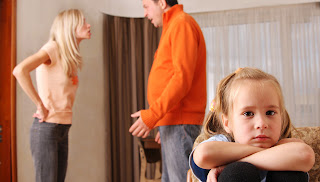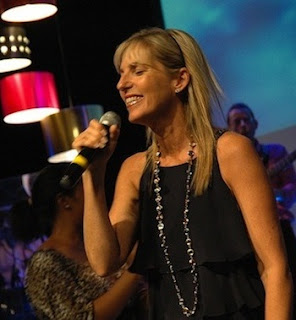Not just content to read, I created my own narratives from an early age.
Aged ten-and-a-half I wrote my first short story, which (in equal measure) delighted my teacher and terrified my mum with its ahead-of-my-years content.
Words continue to fascinate me and I recently penned my first novel… a children’s book (the content of which is probably still ahead of my years!) For me, writing is a hobby, a source of income and, at times, even a form of therapy.
The majority of my book was written while I had a severe
throat infection. I had an abscess in my throat that prevented me from talking,
swallowing, eating and drinking. I eventually ended up in A&E and was in so
much pain I genuinely wanted to die: think tonsillitis and then times that by
ten (or by a million if, like me, you’re prone to exaggeration).
Because the pain was worse first thing in the morning, I was
too afraid to sleep, so for three days solid I kept myself awake and tried to
take my mind off it. Writing my book was one of the only things that helped,
and it was awesome that something good came out of something so horrendous. It
needs redrafting now and although I’m hoping to avoid the throat lurgy this
time round, it’s good to know there’s something I can do if it strikes again!
But it seems I’m not the only one to have spotted the link
between physical trials and prosaic therapy. Writing in The Telegraph, Jessica
Jones explains how Guillain Barré Syndrome rendered her totally paralysed at
the age of 25. One day her toes felt numb, then a week later she was unable to
move, breathe or speak.
Jessica’s mother, who sat faithfully by her hospital bedside
throughout, read PG Wodehouse aloud to her, using different voices for each
character. “Inside my waxen, immobile body I was aching with laughter. Those
books were written with a lightness and sense of the absurd that helped me to
find the funny side of my own predicament,” Jessica writes.
Although she had to relearn to walk, talk and write, she has
never forgotten how listening to them helped her “to escape the terror and
confusion of being paralysed”. And whether it was her illness or her new-found
love for Wodehouse that got to her, Jessica decided to pen her own masterpiece.
The Elegant Art of Falling Apart has been described
as “inspiring, unflinchingly honest, and even at times laugh out loud hilarious”.
It not only documents this terrible paralysis, it also covers her battle with
cancer and being dumped straight after. Like me, Jessica seems to have found
comfort in both listening to books being read and writing her own.
Having said that, the book that brings me the greatest consolation
in the world is the Bible. Why? Because it is true and it has all the answers.
It doesn’t just act as a distraction (like a novel) or an opportunity to vent (like
an autobiography). It is rich in meaning, in language and in the way it
connects the soul as well as the mind.
Whether you’re a traditional book reader, a fan of the
Kindle, or an audiobook/podcast kind of person, it is the only piece of
literature that can transform your world. The Bible also constantly reminds me that
however literary and creative I think I am, God is just a tiny bit better at
it!
Read more from Joy in the next issue of Liberti magazine.











